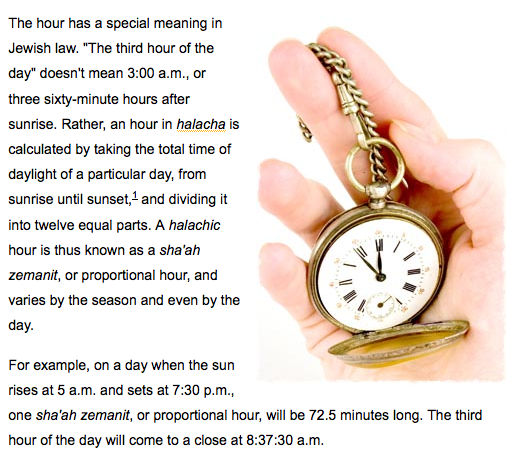9am
I am half way through Sproul’s commentary on the book of John. So far I’ve enjoyed it quite a lot and have found it helpful to this study.
“The disciples said to him, ‘Rabbi, the Jews were just now seeking to stone you, and are you going there again?'” 11.8
One has to wonder what the point of comments like this is. Surely they didn’t think Jesus suffered from dementia. He obviously knew what happened in Jerusalem and that the authorities there wanted to arrest and kill him. So why do they say things like this?
My guess is that not only do they have no idea what Jesus is up to, but also that they don’t want to suffer consequence by association should Jesus return to Jerusalem. They’re looking out for themselves. They say “…and are YOU going there again?”. Not, “…and are WE going there again?”. Clearly they want no part of this return visit at this point.
It’s easy to be critical of them. Didn’t they see all of the miraculous things Jesus had accomplished? Hadn’t they read the OT prophecies regarding the Messiah? What could they possibly be afraid of at this point?
I can think of a few things:
1. Fear of death.
2. Fear of physical and emotional pain.
3. Fear of being misunderstood.
4. Fear of making a mistake.
5. Fear of humiliation.
6. Fear of a loss of control.
7. Fear of a loss of loved ones.
8. Fear of the unknown.
These are some of the things with which I struggle. So I’m sure I can relate to their concerns at this point.
All of those fears seem to relate to a common source. A lack of faith. If God exists, is in control, and desires the best for me, then I have no reason to fear those things. The fear would seem to suggest that I don’t believe God exists, or that he is in control, or that he desires the best for me. I don’t struggle with the first two so much as I do the last.
I think the struggle with believing God desires the best for me stems from the belief that I must perform well in order to persuade God that I am in fact worth it. I know in principle that my worth comes from being created in the image of God and being redeemed by the blood of Christ. That’s easy enough to memorize and repeat. But it’s an entirely different thing to live as though you believe that. I wonder if the disciples here in chapter 11 shared a similar struggle.
“Jesus answered, ‘Are there not twelve hours in the day? If anyone walks in the day, he does not stumble, because he sees the light of this world. But if anyone walks in the night, he stumbles, because the light is not in him.” 11.9,10
At the wedding of Cana, Jesus told his mom, “Why do you involve me? My hour has not come.” At the Feast of Tabernacles in John 7, the authorities tried to seize him, but were unable to do so because it wasn’t his hour. While teaching outside the temple courts in John 8, not one was able to seize him because it wasn’t his hour.
And probably the most helpful verse to shed light on what Jesus is talking about here in verse 9 and 10 comes from John chapter 9, verse 4:
“We must work the works of him who sent me while it is day; night is coming, when no one can work.”
I understand little about Jewish time keeping. But I know it was markedly different than Roman time keeping (which we still keep today). The day was from sunrise to sunset (to distinguish it from the night) and was divided equally into 12 parts.
The 12th hour that Jesus refers to as his hour is the hour of his crucifixion (see John 12.27 and John 17.1). The day is the period in which Jesus was alive and ministering. The day would end when he was murdered.
Jesus seems to be saying that while he is in the day, moving toward the final hour, nothing can hinder his movement. The disciples are worried about what will happen if they return to Judea. Jesus is putting their mind at rest by telling them. Nothing will happen to them during the day. That is, with Jesus, they are safe. Much for the same reason in chapters 7,8, and 9. The Pharisees were not able to arrest Jesus because it was not his hour.
10am

